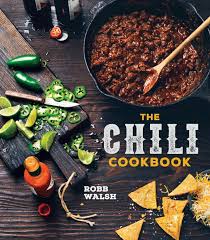Shaunti Feldhahn's
Through a Man's Eyes: Helping Women Understand the Visual Nature of Men builds on her earlier work in
For Women Only: What You Need to Know about the Inner Lives of Men. It highlights the ways in which women might understand the simple (but complicated) truth that men and women are different -- particularly, in this case, in how they understand and process visual stimuli. Along with her coauthor, Craig Gross, they illuminate a significant difference between men and women: The visual nature of many men.
While the idea of that visual nature in men is contestable in certain circles,
Through a Man's Eyes is a book not designed to give women ammunition against the men in their
lives. Instead, it is designed so women can understand and help equip themselves
(and their men) for the sometimes overwhelming battle of living in a
visually saturated age.
The most glaring weakness of the book is its failure to focus on the scientific research that exists in support of their central thesis. While the authors cite "studies", there's no engagement (or even significant reference) to what those studies actually say. The book as a whole has only a scant 28 footnotes. More attention should have been paid to those facts; they would go a long way in helping women "understand" what that visual nature of men
is and
why it is.
That's not to undermine the gentle way in which
Through a Man's Eyes is written with genuine compassion and understanding. Men won't find an excuse for their sinful behavior here. Nor will women find themselves scapegoated. Their approach and suggestions for women are not only reasonable, but actually responsible and real.
Because they keep women coming back to a central question: "Am I focusing on what God would have me do?"
It's easy to take a quick way out by providing a list of rules -- simple "dos" and "donts".
Through a Man's Eyes refuses to take that way, and instead engages in genuine spiritual discernment. And just the FAQ at the end of the book is worth the price of the book.
This is a great book that Christian women will find a resource again and again.
____________________
I received a free copy of this book as part of the Blogging for Books program in exchange for my honest review here.





